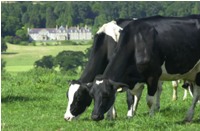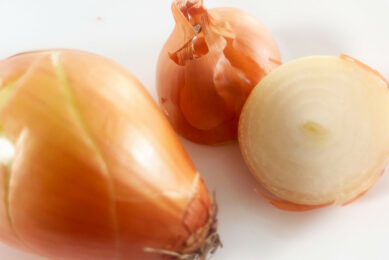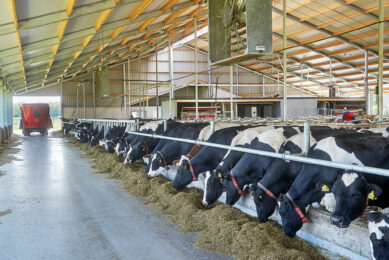Welsh develop income boosting additive for dairy

A natural feed supplement aimed at producing healthy premium milk all year round is under development in Wales with support from the Welsh Government.
Scientists at the Aberystwyth-based Institute of Biological, Environmental and Rural Sciences (IBERS) believe it could provide a financial boost for dairy farmers and feed manufacturers.
They say that cows grazing on fresh pasture in the summer produce milk with high levels of beneficial unsaturated fatty acids – but the levels fall dramatically in winter when they are fed on conserved feed.
Growing retail and consumer pressure is demanding healthier dairy products and a retailer has already announced payment incentives to farmers who achieve certain fat levels in their milk.
Expensive oils
This is currently largely being achieved by the artificial addition of expensive oils to cattle feed or supplemented into milk — but IBERS scientists have now identified natural volatile components of pasture shown to influence fat metabolism which could be added to winter feed.
They have developed the technology to manufacture compounds produced by grazed grass and have proven their efficacy in the laboratory.
The next step is to test them in dairy cows to determine if the potential can be replicated in the animal to produce higher levels of unsaturated fatty acids in milk — known to reduce the incidence of cardiovascular disease and certain cancers in humans.
Government funding
“The technology we have developed is novel, meets an industry need and promises economic benefits to feed manufacturers, dairy farmers and retailers,” says Dr Michael Lee, who is leading the project.
Welsh Government funding of more than £126, 000 (€ 150,000) will enable IBERS to validate the technology by way of field trials and it is working with three industrial partners, including one of the UK’s leading UK supermarkets and an animal feed manufacturer.
“This is an excellent example of how industrial collaboration could turn research into commercially viable products that boost production and improve the quality of the produce for the consumer,” says Alun Davies, the Welsh Government’s Deputy Minister for Agriculture.
“There is a large potential market for the product in the UK, while the EU and USA produce and consume 30% of the world liquid milk supply,” he added.
“There are additional advantages for using premium milk in other dairy products, such as butter and cheese, which will also be investigated.”











